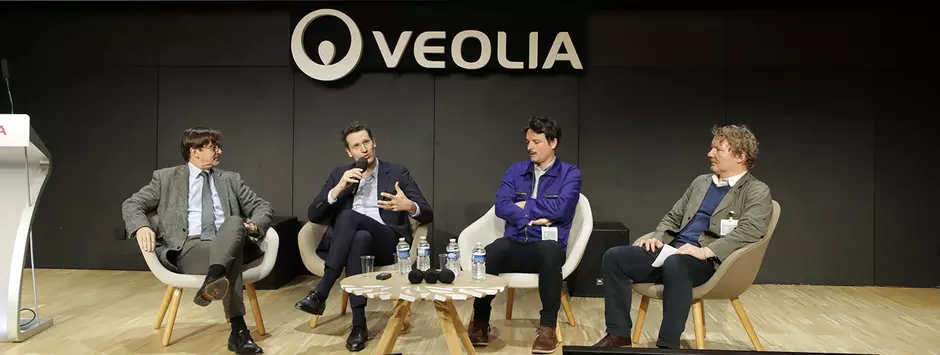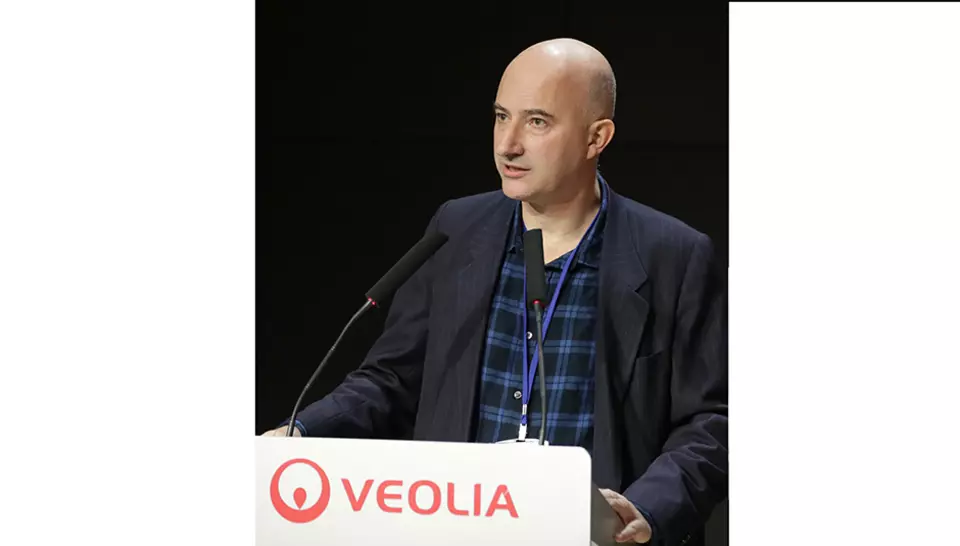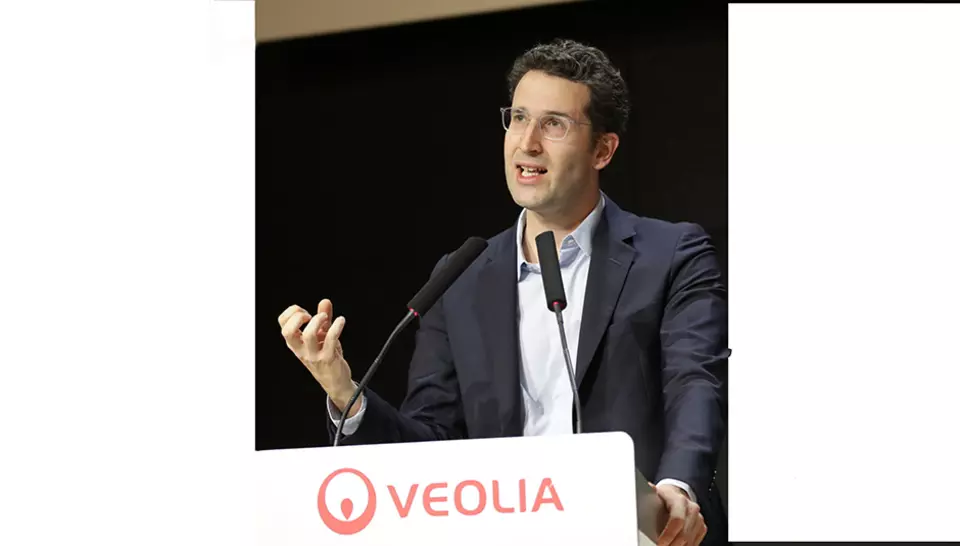
Jean-Christophe Levassor, director of La Condition Publique, Guillaume Josse, urban planner in the Huit group and Wexity, Eric Lesueur, president of 2EI Veolia and David Ménascé, director of the Azao firm and an HEC professor, explored the main risks cities are now facing and the way they are preparing to deal with them.
As 70% of the world's population will be living in urban areas by 2050, cities today face major risks: climate change, natural disasters, health crises, loss of attractiveness, industrial decline, unemployment, etc. Against this background their resilience - "the ability to recover from shocks and continue to develop" - is a central issue in urban policies.
It's no longer a matter of predicting the unexpected, but of preparing for it
Nicolas Renard, Director of Foresight at the Veolia Institute, opened the conference by talking about how population density and human exchanges increase cities’ vulnerability. Urban areas have a concentration of unpredictable shocks, natural or technological disasters and chronic stresses that weaken their social and economic fabric.
Include all stakeholders, strengthen cohesion and build partnerships
Three speakers presented their contributions, in various contexts, to improving the resilience of cities.
As David Menascé pointed out, "urban resilience" has four basic components: a strategic framework of action, a clearly defined repair process, a viable economic model to finance the solutions and a public mind-set that supports initiatives.
Published at the conference, the Veolia Institute's journal brings together analyses and examples focusing on three themes:
- Increasing resilience impacts cities’ development
In sub-Saharan African cities, urban resilience extends not only to risks (technological, terrorist, food), but also to chronic stresses (aging, erosion of social links as a result of rapidly increasing urbanization, etc.), and is accompanied by a community risk management approach. In developed countries cities that are shrinking in economic and demographic terms, such as Detroit, are rethinking their governance to create more resilience. In Europe, better coordination of refugee populations as soon as they arrive by providing access to housing and citizen participation increases the resilience of host cities, as demonstrated in Hamburg .
- Increasing resilience through various innovative strategies
More environmentally responsible, "green cities" are more attractive and more resilient as they rely on a dynamic economy and a green and inclusive urban environment. Resilient urban planning favours smaller projects based on "small flows" where distances are shorter and there is less mobility. On the basis of citizen initiatives, cultural adaptation of the population to the risks allows them to react more effectively to natural disasters. For example, in a crisis (natural disaster, terrorist attack, etc.), Facebook groups mean citizens can organize themselves in order to optimize rescue operations and make resilience more collaborative.
- Increasing resilience is an opportunity for cities
Launched in 2013, the Rockefeller Foundation 100 Resilient Cities initiative, provides financial support and access to a network of resources and partners. It has already created 90 "Resilience Director" positions and developed 40 urban resilience strategies. New tools like Resilience Bonds are used to finance both risk reduction upstream and post-disaster actions.
This conference follows the Resilient Territories seminar organized in 2017 by La Fabrique de la Cité and the Veolia Institute, at the Cultural Centre in Cerisy-la-Salle.





